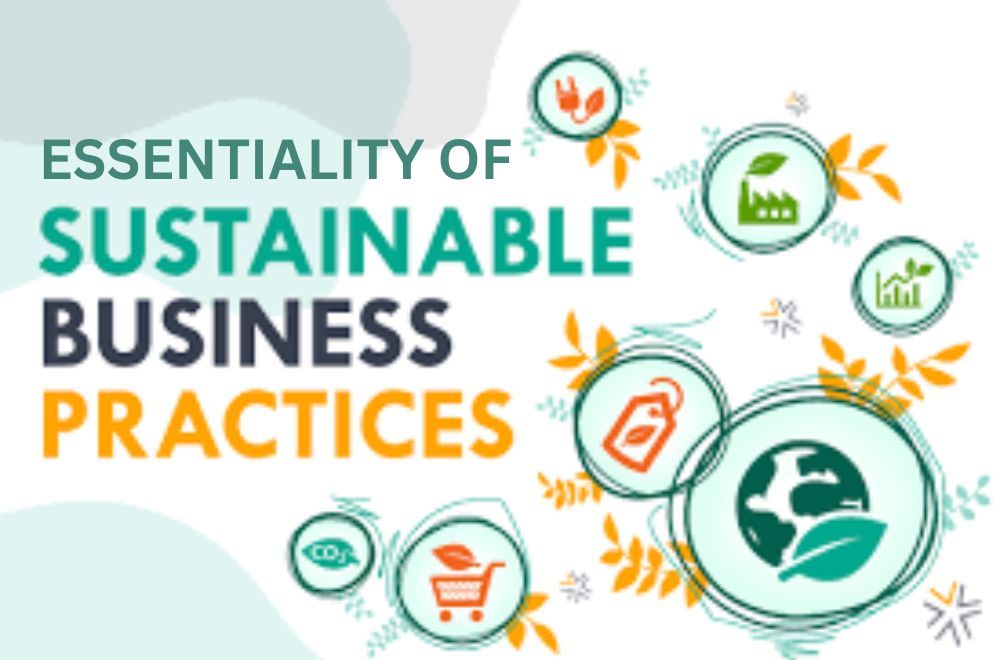For businesses looking to adopt sustainability, the three Rs (reduce, re-use, and recycle) are fundamental principles, applicable to businesses, households, and individuals alike. Incorporating clean The United Nations Sustainable Development Goal (SDG)-9 emphasizes the importance of inclusive and sustainable industrial development as the foundation for sustainable economic growth, with the target to achieve this goal set for 2030. Modern companies are increasingly environmentally conscious and are actively incorporating sustainability into their practices, acting as role models for future generations. Reducing carbon footprint and adopting eco-friendly measures align with the objectives of SDG-9.
Major corporations like Microsoft, Apple, Google, Unilever, and Intel have committed to sustainable business practices, with Microsoft even establishing a $1 billion fund to attain carbon-negative status by 2030. Smaller and medium-sized enterprises are also joining the movement and implementing sustainable practices.
Consumers, particularly the younger generation, now prioritize sustainable products due to increased awareness of environmental degradation caused by industrial pollution. In the future, only businesses with sustainable practices are expected to thrive.
energy, water conservation, tree planting, and conservation are crucial sustainable practices. Prevention of waste generation is even more effective, saving energy and recycling costs.
Paperless transactions, a longstanding practice, have become a norm for businesses of all sizes. Avoiding plastic usage and minimizing electronic waste are paramount for environmental preservation.
Implementing practices like openable windows in corporate offices not only promotes sustainability but also enhances employee health by allowing fresh air and natural light. Making it mandatory for employees to switch off lights, fans, and electronic devices when not in use contributes to energy conservation.
Reducing fuel usage by embracing online meetings and conferences, especially in the wake of technological advancements and the global pandemic, not only minimizes pollution but also saves travel expenses and time. Companies can even benefit from rebates or tax credits from the government for adopting sustainable practices.
In conclusion, adopting sustainable business practices not only reduces expenses but also enhances a company's brand image, positioning it as a responsible and forward-thinking entity in the modern business world.








